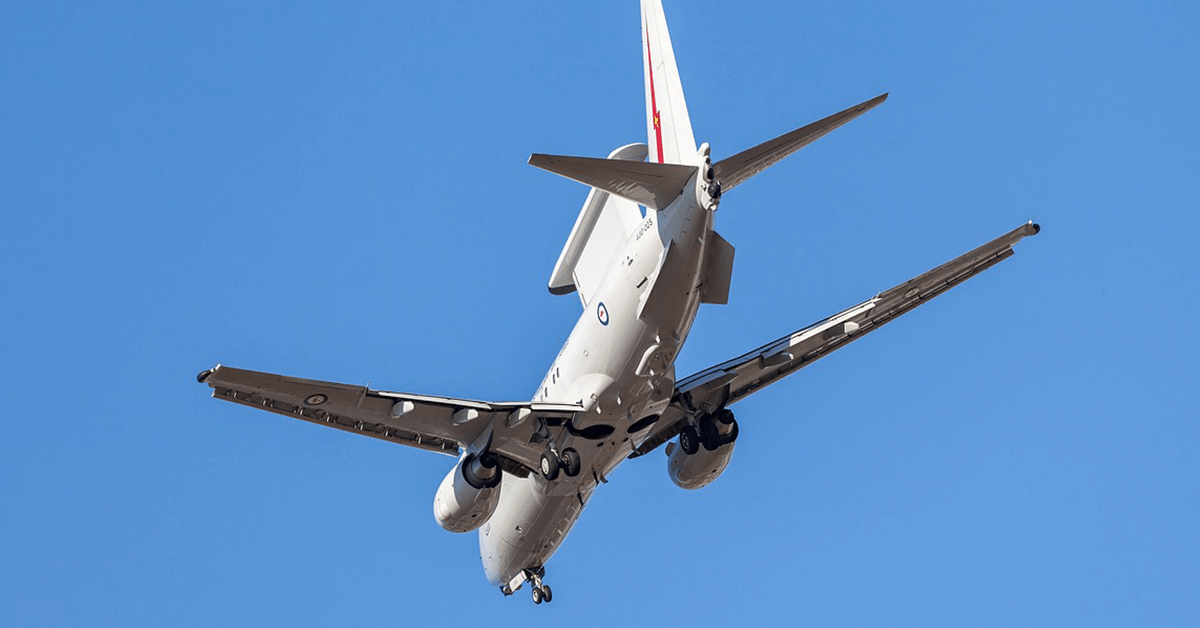The State Department has approved South Korea’s foreign military sale request for E-7 Airborne Early Warning and Control Aircraft, related equipment and support services valued at approximately $4.92 billion.
The Defense Security Cooperation Agency said Monday Boeing will serve as the principal contractor for the potential deal. The agency has also notified Congress of the FMS request.
E-7 Airborne Early Warning & Control Aircraft Deal
Under the potential sale, South Korea will acquire four E-7 AEW&C aircraft, 10 CFM56 jet engines and seven Guardian Laser Transmitter Assemblies. The deal also includes eight AN/AAR-57 AN/AAQ 24(V)N large aircraft infrared countermeasures system processor replacements, 10 embedded Global Positioning System/Inertial Navigation Systems with selective availability anti-spoofing module — or M-Code receivers and six multifunctional information distribution system joint tactical radio systems with tactical targeting network technology.
South Korea also requested non-MDE items, including AN/ARC-210 radios, digital radar warning receivers, AN/ALE-47 electronic countermeasure dispensers, LAIRCM control interface units, missile warning sensors, AN/APX-119 identification friend or foe transponders, KY100M narrowband/wideband terminals, KIV-77 Mode 4/5 IFF cryptographic appliqué, AN/PYQ-10 Simple Key Loaders and KG-175 Link encryptors.
The Asian nation also requested equipment, particularly communications security cables, communications equipment, precision navigation, Computer Program Identification Numbers, user data module cards and test equipment. The potential agreement also covers parts and services such as aircraft components, spare parts, instruments and lab equipment, training aids and devices, modifications and maintenance support, repair and return support, software delivery and support, aircraft ferry and transportation support and U.S. government and contractor support.
Enhancing South Korea’s ISR and C4ISR Capabilities
South Korea intends to strengthen its defense by enhancing its intelligence, surveillance, and reconnaissance and airborne early warning and control capabilities. The possible deal is also aimed at boosting the ROK Air Force’s command, control, communications, computers, ISR interoperability with the United States.



